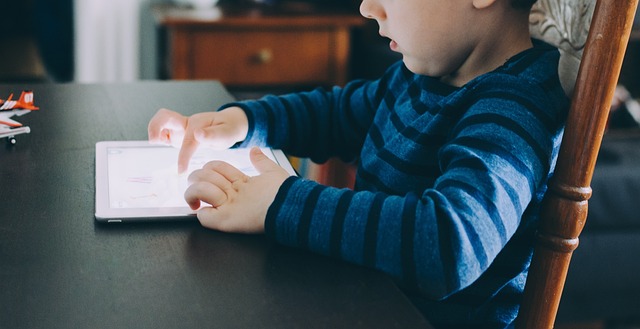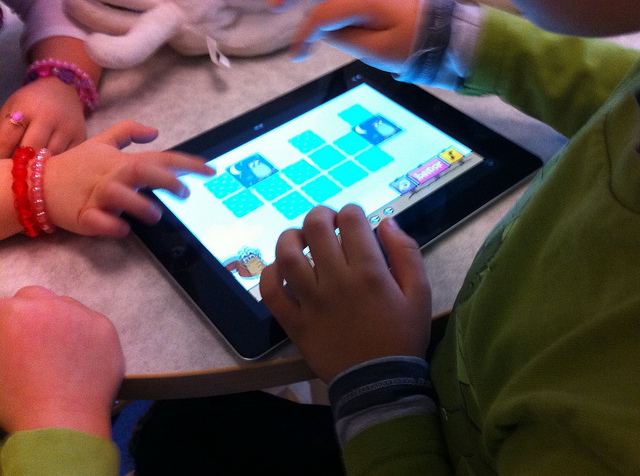All parents of young children know how challenging it is when your child throws a tantrum. But think again before you reach for a mobile phone or tablet to soothe them.
New research entitled “Cure for tantrums? Longitudinal associations between parental digital emotion regulation and children’s self-regulatory skills” suggests that doing so may damage a child’s ability to manage their emotions later in life, otherwise known as emotion regulation.
This lack of emotion regulation skills could subsequently lead to anger management issues when the child is an adult.
Children’s Development
Children learn a lot about self-regulation – affective, mental, and behavioral responses to certain situations – during their first few years of life, and researchers say this is mainly done through their relationship with their parents.
In fact, young brains need a lot of external stimuli to develop particularly from birth to age 3. It’s during this time that children’s neurons are making connections for fundamental skills such as vision, hearing, and language.
When children spent too much time in front of a screen rather than interacting with people, they can have stunted development of the frontal lobe part. This is the part of the brain that decodes social interactions.
As a result, it can be more difficult to develop empathy or learn social cues such as facial expressions.
Tantrums and Digital Devices
 In recent years, it has become more common to give children digital devices to control their responses to emotions, especially if they are negative.
In recent years, it has become more common to give children digital devices to control their responses to emotions, especially if they are negative.
But study researchers suggest that if people knew digital devices were not appropriate for dealing with tantrums, the mental health and wellbeing of children would benefit.
Dr Veronika Konok, the study’s first author and a researcher at Eotvos Lorand University in Hungary, says:
“Tantrums cannot be cured by digital devices. Children have to learn how to manage their negative emotions for themselves. They need the help of their parents during this learning process, not the help of a digital device. Here we show that if parents regularly offer a digital device to their child to calm them or to stop a tantrum, the child won’t learn to regulate their emotions. This leads to more severe emotion-regulation problems, specifically, anger management problems, later in life.”
Long Term Digital Consequences

Prof Caroline Fitzpatrick, senior author of the study explains that many parents frequently use tablets or smart phones to divert their child’s attention when they are upset.
Children are fascinated by digital content, so this is an easy way to stop tantrums. It may be effective in the short term but researchers suspect that over the long term this strategy could have drastic consequences.
In 2020, researchers at the Université de Sherbrooke conducted an assessment and a followed-up one year later.
More than 300 parents of children aged between two- and five-years-old completed a questionnaire which assessed child and parent media use.
According to the findings, when parents used digital emotion regulation more often, children showed poorer anger and frustration management skills a year later.
Children who were given devices more often as they experienced negative emotions also showed less ability to choose a deliberate response over an automatic one.
The study, published in Frontiers in Child and Adolescent Psychiatry, also found that poorer anger management skills at the beginning meant children were given digital devices more often as a management tool.
Alternate Solutions for Parents
 So if giving a child throwing a tantrum a screen is not a good option, what may be a better alternative?
So if giving a child throwing a tantrum a screen is not a good option, what may be a better alternative?
It is important not to avoid situations that could be frustrating to the child, the researchers pointed out. Instead, it is recommended that parents coach their children through difficult situations, help them recognize their emotions, and teach them to handle them.
To equip parents of children with anger management problems for success, it is important that they receive support, the researchers said.
For example, health professionals working with families could provide information on how parents can help their children manage their emotions without giving them tablets or smartphones.